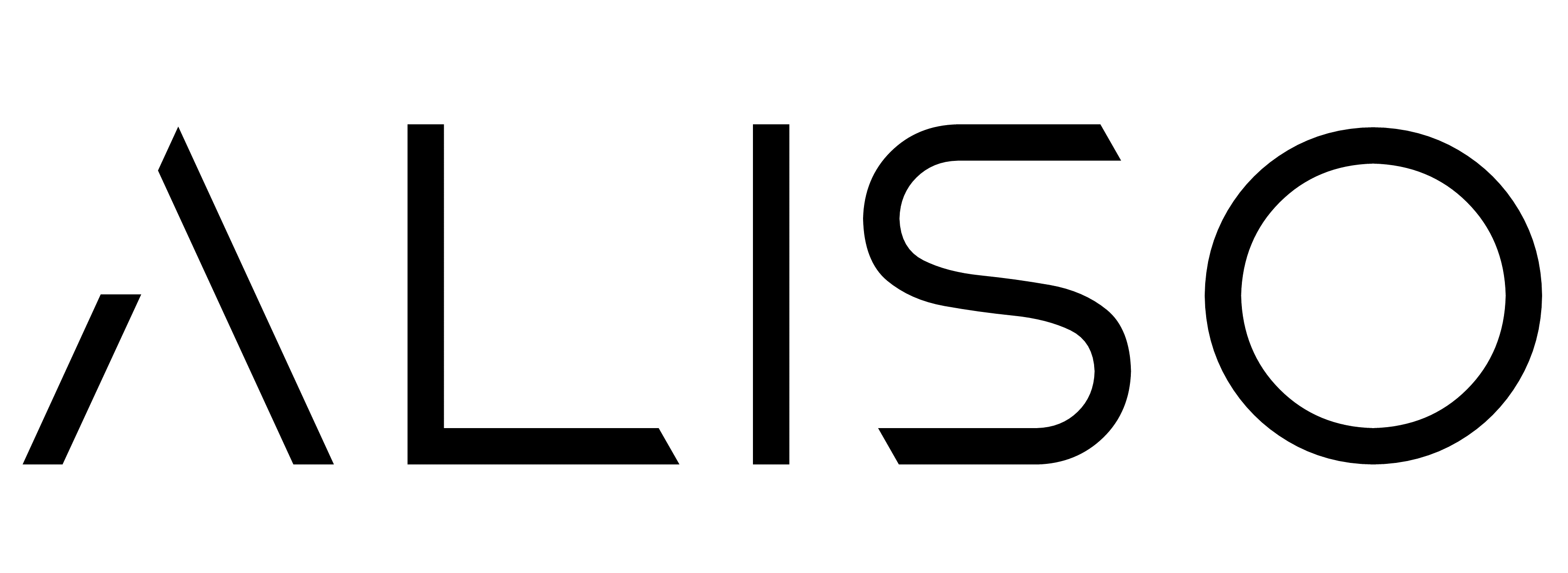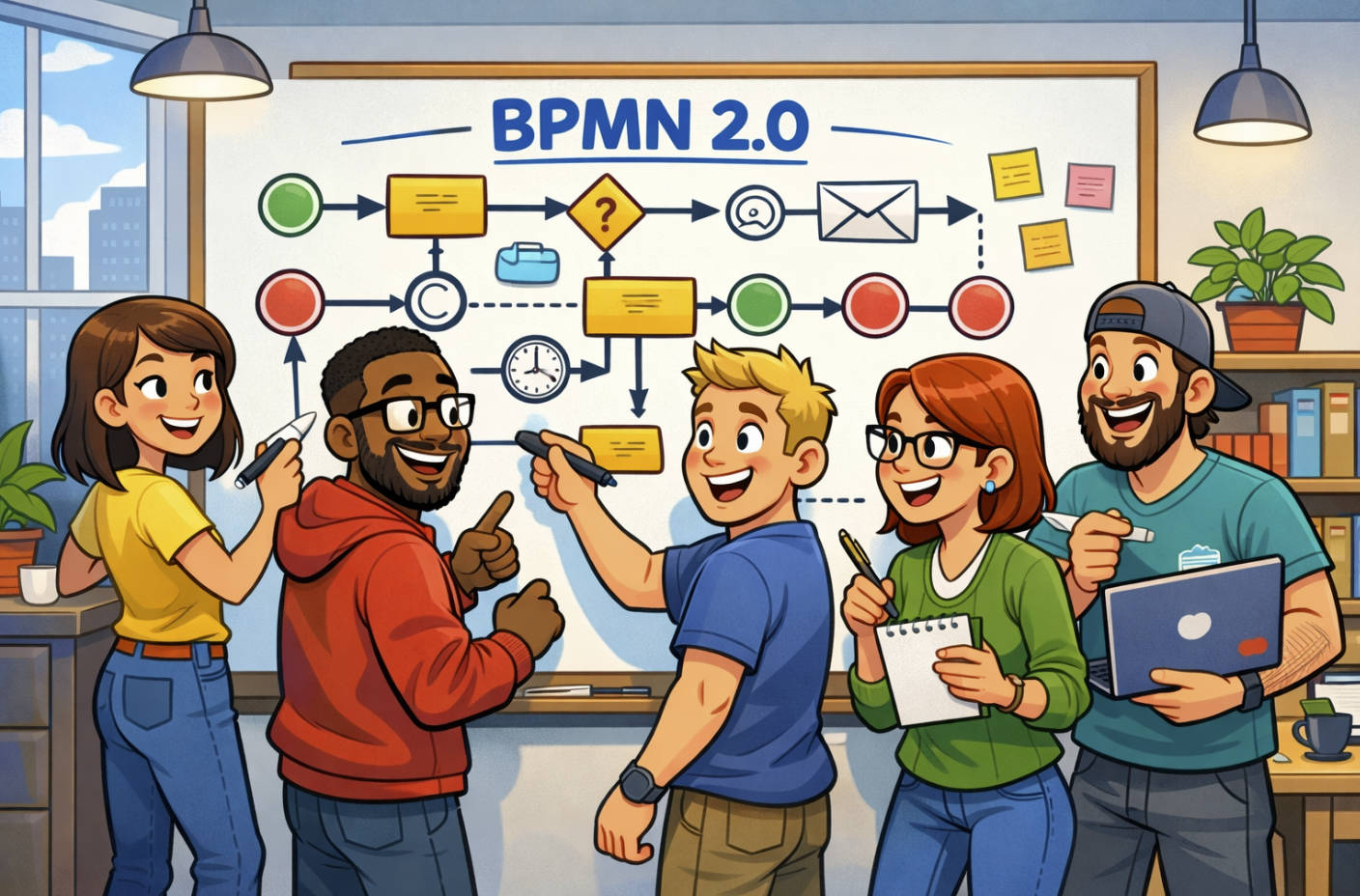Navigating the world of bids, tenders, and proposals in Australia can feel like wading through a sea of acronyms and technical terms.
EOI, RFP, RFQ, RFI—what do they all mean?
And when should you use each one?
For businesses looking to win contracts, understanding these differences is critical.
Let’s break down what each term means, how they differ, and which professionals you’ll need to help craft winning submissions.
🏛️ What’s the Difference Between Bids, Tenders, and Proposals?
Though these terms are often used interchangeably, they serve different purposes:
📩 Bids
A bid is a formal offer to complete work or supply goods at a specified price.
Bids are typically submitted in response to tenders or requests issued by companies or government agencies.
In Australia, bids are common in sectors like construction, defence, and infrastructure.
They focus heavily on:
✅ Pricing
✅ Capabilities
✅ Timelines
Example: A construction company submitting a bid to build a new public school.
🏗️ Tenders
A tender is the formal process by which organisations invite bids for a project.
The tender process is especially common in government contracts, where transparency and fairness are essential.
Tenders usually come in two forms:
1️⃣ Open Tenders: Publicly available—any qualified party can submit a bid.
2️⃣ Closed Tenders: Invitations sent only to selected vendors.
Tenders typically include detailed specifications, contract terms, and submission requirements.
Example: A government department issues a tender for IT infrastructure upgrades.
📝 Proposals
A proposal is more flexible and often used when the scope of work isn’t strictly defined.
Unlike bids, which focus on price, proposals focus on solutions and value propositions.
Proposals explain how a company intends to solve a problem, complete a project, or provide a service.
Example: A marketing agency submitting a proposal for a brand refresh, including strategy, design, and implementation.
🧩 Understanding the Key Acronyms in the Bidding World
In Australia’s bidding landscape, you’ll encounter several acronyms.
Each serves a unique purpose in the procurement process.
📜 RFP (Request for Proposal)
- Used when the buyer needs a detailed solution to a complex problem.
- Focuses on technical capability, approach, and value—not just price.
- Respondents submit detailed proposals with strategies, timelines, and pricing.
Example: A city council issues an RFP for a new waste management solution.
🛒 RFQ (Request for Quotation)
- Requests pricing information for specific goods or services.
- Usually straightforward, focusing solely on cost and delivery timelines.
- Often used for routine purchases where price is the main factor.
Example: A government agency seeking quotes for office furniture.
💬 RFI (Request for Information)
- Used when the buyer needs to gather information before deciding how to proceed.
- No pricing is requested—this is purely for market research.
- Helps the buyer understand available options and capabilities.
Example: A university issues an RFI to explore cloud-based learning platforms.
📣 EOI (Expression of Interest)
- A preliminary request to gauge interest and capability.
- Often the first step in a multi-stage tender process.
- Shortlisted respondents from the EOI phase are then invited to submit detailed proposals.
Example: An Australian transport authority issues an EOI for a new rail project.
📝 ITT (Invitation to Tender)
- Formal invitation to submit a detailed and priced tender for a project.
- Typically follows an EOI or RFI process.
- In Australia, government agencies frequently use ITTs for large projects.
Example: A local council issues an ITT for road construction after shortlisting companies through an EOI.
🏃 How Bid Responses Are Structured
Bid responses differ depending on the request, but they often include:
✅ Executive Summary – Outlining why your company is the best fit.
✅ Company Capabilities – Detailing experience, expertise, and qualifications.
✅ Methodology and Approach – Explaining how the project will be delivered.
✅ Pricing – Providing transparent and competitive cost breakdowns.
✅ Compliance – Demonstrating adherence to tender requirements.
✅ Supporting Documentation – Case studies, references, and certifications.
👨💼 Who Writes Bids, Tenders, and Proposals?
While technical writers play a crucial role in crafting clear, well-structured documents, they’re not the only professionals involved.
Different types of experts specialise in bid responses:
✍️ Technical Writers
- Focus on clarity, structure, and consistency.
- Ensure technical details are accurately presented.
- Work closely with subject matter experts (SMEs) to produce easy-to-understand content.
📊 Bid Writers and Bid Managers
- Oversee the entire bid lifecycle, from pre-qualification to submission.
- Coordinate contributions from various departments.
- Tailor submissions to meet evaluation criteria.
🕵️ Business Development Managers
- Provide insights into client needs and competitive advantages.
- Develop value propositions that differentiate the bid.
💡 Proposal Managers
- Lead complex proposal efforts that require strategic thinking.
- Align submissions with business goals and client requirements.
📈 Procurement Specialists
- Offer expertise in procurement regulations and contract management.
- Ensure submissions meet legal and compliance standards.
🛡️ Subject Matter Experts (SMEs)
- Provide technical knowledge specific to the project.
- Contribute content on methods, technologies, and industry standards.
📌 Why You Need the Right Team for Bid Success
Writing winning bid responses isn’t a one-person job.
It requires:
✅ Strategic insights from business development.
✅ Technical accuracy from SMEs and technical writers.
✅ Compliance expertise from procurement specialists.
✅ Seamless coordination by bid managers and proposal managers.
📞 How Aliso Digital Can Help
At Aliso Digital, we support businesses with process documentation, technical writing, and bid support services.
While we don’t manage entire bid submissions, we create clear, compliant documentation that supports your bid strategy.
We collaborate with your bid managers, SMEs, and procurement teams to ensure your submissions are:
✅ Clear
✅ Accurate
✅ Compliant
👉 Visit Aliso Digital to see how we can support your bid submissions.






